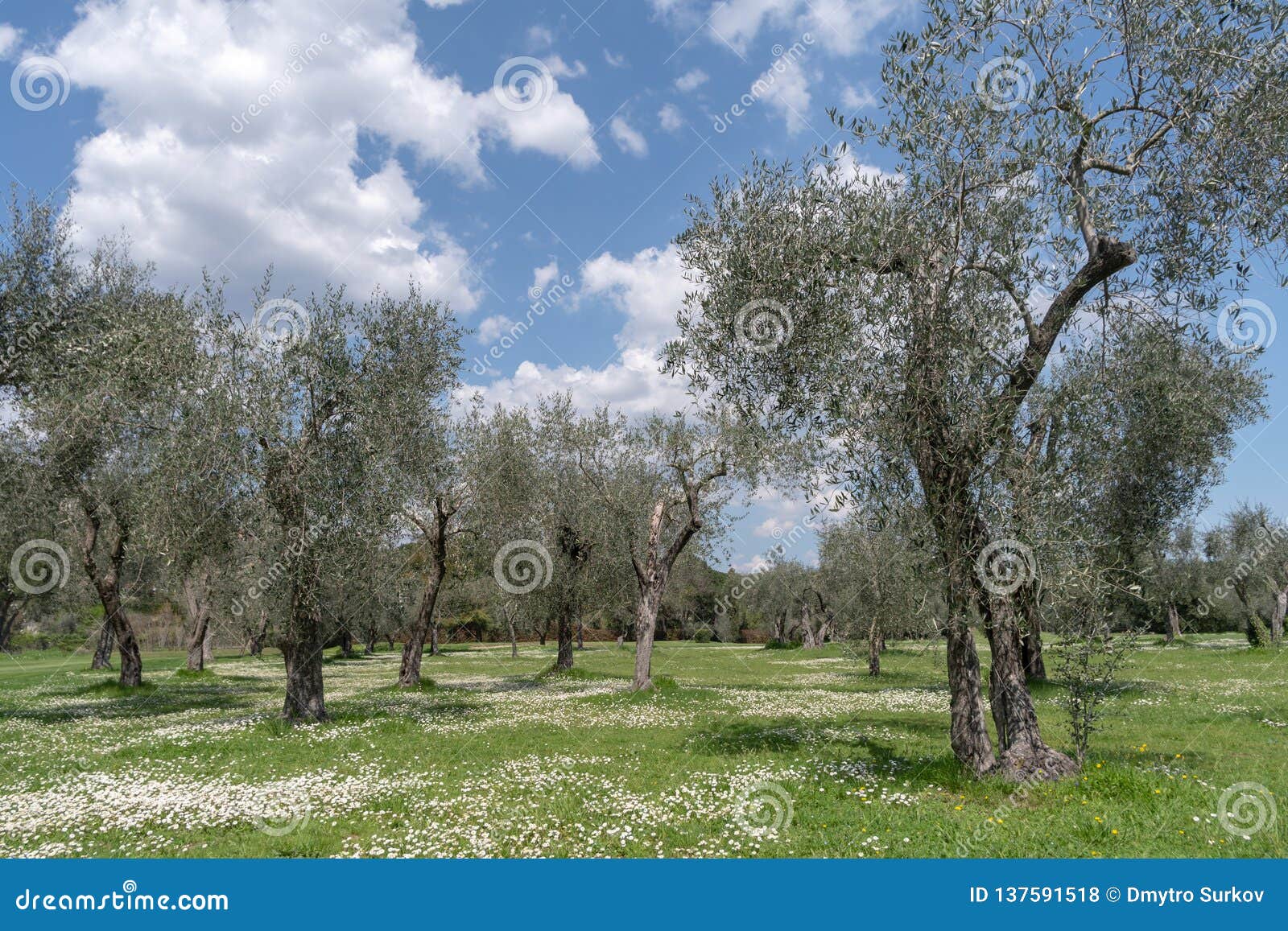Do They Have Olive Garden In Italy? Exploring The Authenticity Of Italian Cuisine
Italy is renowned for its rich culinary traditions and the prominence of olive oil in its cuisine, but do they have Olive Garden in Italy? This question sparks curiosity among food enthusiasts worldwide. While Olive Garden is an iconic American chain restaurant serving Italian-inspired dishes, its presence in Italy raises intriguing questions about cultural authenticity and global culinary influences.
As globalization continues to reshape the culinary landscape, understanding the relationship between traditional Italian cuisine and international adaptations becomes increasingly important. This article dives deep into the origins of Italian food culture, explores whether Olive Garden exists in Italy, and examines the broader implications of globalized dining experiences.
Whether you're a food lover, a traveler, or simply curious about the authenticity of Italian cuisine, this article provides comprehensive insights into the topic. From historical context to modern adaptations, we'll uncover the truth about Olive Garden's presence in Italy and its impact on authentic Italian dining.
Read also:Triple Dog Attack Understanding The Phenomenon And How To Stay Safe
Table of Contents
- History of Italian Cuisine
- What is Olive Garden?
- Do They Have Olive Garden in Italy?
- The Authentic Italian Dining Experience
- Globalization of Italian Food
- Cultural Differences Between Authentic Italian and Olive Garden
- The Popularity of Italian Cuisine Worldwide
- Impact of Global Chains on Local Culture
- Preserving Italian Culinary Traditions
- Conclusion: Embracing Authenticity
History of Italian Cuisine
Italian cuisine has a rich history that dates back thousands of years. The foundation of modern Italian food can be traced to ancient Rome, where ingredients like wheat, olives, and grapes were cultivated. Over centuries, regional variations emerged, influenced by geography, climate, and cultural exchanges.
Olive oil, pasta, tomatoes, and cheese became staples in Italian cooking, each with its own unique story. For instance, tomatoes, which are now synonymous with Italian dishes, were introduced to Europe from the Americas in the 16th century. Similarly, olive oil has been a cornerstone of Mediterranean diets for millennia, symbolizing health and prosperity.
Keyword Variation: Authentic Italian recipes often emphasize fresh, locally sourced ingredients, reflecting the country's diverse agricultural landscape.
What is Olive Garden?
Olive Garden is an American casual dining restaurant chain known for its family-style Italian-American cuisine. Established in 1982, it has become one of the largest Italian-inspired restaurant chains in the United States. The menu features classic dishes like spaghetti and meatballs, fettuccine Alfredo, and endless salad and breadsticks.
Key Features of Olive Garden
- Family-friendly atmosphere
- Signature dishes with Italian-American flair
- Unlimited breadsticks and salad bars
- Affordable pricing
While Olive Garden offers a taste of Italy, its offerings are heavily adapted to suit American palates, often incorporating sweeter, creamier flavors than traditional Italian cuisine.
Do They Have Olive Garden in Italy?
Surprisingly, Olive Garden does not have any locations in Italy. The absence of this American chain in its namesake country highlights the distinction between authentic Italian cuisine and its international interpretations. Italians take great pride in their culinary heritage, and many view global chains as lacking the depth and authenticity of traditional dining experiences.
Read also:Unveiling The Mysteries Of Bh29524 Planet A Comprehensive Guide
However, some international restaurant groups have introduced similar concepts in Italy, blending local flavors with global appeal. These establishments cater primarily to tourists seeking familiar comfort foods while visiting Italy.
Keyword Usage: While Olive Garden isn't present in Italy, the influence of Americanized Italian cuisine can still be felt through other adaptations.
The Authentic Italian Dining Experience
An authentic Italian dining experience goes beyond just the food. It encompasses the entire cultural context, from the way meals are prepared to how they are enjoyed. Italians prioritize quality ingredients, slow cooking methods, and communal dining.
Key Elements of Authentic Italian Cuisine
- Use of fresh, seasonal produce
- Emphasis on regional specialties
- Traditional preparation techniques
- Focus on simplicity and balance
For example, a true Italian pasta dish might include only a few ingredients, allowing each to shine in harmony. This minimalist approach contrasts sharply with the often elaborate presentations found in international adaptations.
Globalization of Italian Food
The globalization of Italian food has led to both opportunities and challenges. On one hand, it has introduced millions of people worldwide to the joys of Italian cuisine. On the other hand, it has also resulted in the dilution of traditional recipes and practices.
According to a report by the Italian Ministry of Agriculture, exports of Italian food products reached €50 billion in 2022, underscoring the global demand for Italian flavors. However, this demand has also spurred the rise of mass-produced imitations that lack authenticity.
Keyword Variation: As Italian cuisine becomes more popular globally, preserving its integrity becomes increasingly important.
Cultural Differences Between Authentic Italian and Olive Garden
The cultural differences between authentic Italian cuisine and Olive Garden extend beyond just the ingredients used. They reflect deeper attitudes toward food, family, and community.
Authentic Italian Cuisine Characteristics
- Focus on local and seasonal ingredients
- Emphasis on traditional preparation methods
- Smaller portion sizes
- Meal as a social occasion
Olive Garden Characteristics
- Adapted recipes for broader appeal
- Large portion sizes
- Quick service
- Family-friendly atmosphere
These distinctions highlight how cultural context shapes culinary experiences and why Italians may view Olive Garden as an incomplete representation of their cuisine.
The Popularity of Italian Cuisine Worldwide
Italian cuisine remains one of the most beloved culinary traditions worldwide. Its universal appeal lies in its versatility, simplicity, and emphasis on flavor. According to a survey by Statista, pizza and pasta rank among the top five favorite foods globally.
This popularity has driven the proliferation of Italian-themed restaurants in nearly every corner of the world. However, the quality and authenticity of these establishments vary widely, depending on their commitment to traditional practices.
Impact of Global Chains on Local Culture
The presence of global restaurant chains in local markets can have both positive and negative effects. On the positive side, they introduce new ideas and create jobs. On the negative side, they may overshadow local businesses and erode cultural uniqueness.
In Italy, the resistance to global chains reflects a desire to preserve culinary heritage. Many Italians actively support local trattorias and osterias, which offer genuine experiences rooted in tradition.
Keyword Usage: The question of whether Olive Garden belongs in Italy touches on broader issues of cultural preservation and global influence.
Preserving Italian Culinary Traditions
Efforts to preserve Italian culinary traditions are underway across the country. Organizations like Slow Food International work tirelessly to promote biodiversity, protect endangered foods, and educate communities about sustainable practices.
Additionally, culinary schools and apprenticeship programs focus on teaching the skills necessary to maintain the integrity of Italian cuisine. These initiatives ensure that future generations can continue to enjoy authentic Italian flavors.
Conclusion: Embracing Authenticity
In conclusion, while Olive Garden does not exist in Italy, the question of its presence raises important discussions about cultural authenticity and global culinary trends. Authentic Italian cuisine offers a rich tapestry of flavors and traditions that deserve to be celebrated and preserved.
We invite you to explore the world of Italian food beyond chain restaurants and discover the true essence of this remarkable cuisine. Share your thoughts in the comments below, and don't forget to check out our other articles for more insights into global culinary adventures!
Tech Enthusiasts: Exploring The Passionate World Of Technology Aficionados
Emily Willis: A Rising Star In The Entertainment Industry
Unlocking The World Of Entertainment: A Comprehensive Guide To FlixerTV.to

Olive Garden Italy Immersion The

Olive Garden with House and Car. Vector Illustration. Stock Vector

Springtime in olive garden stock photo. Image of panoramic 137591518